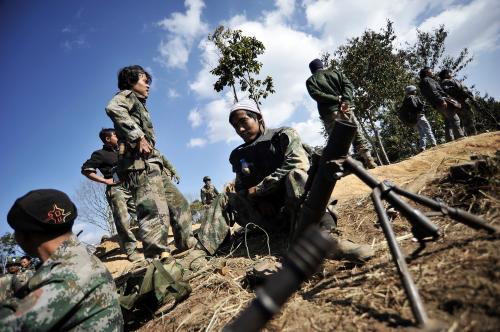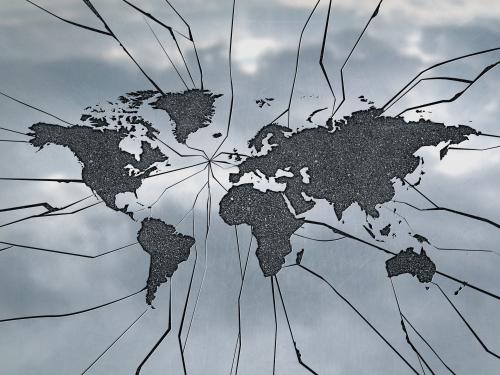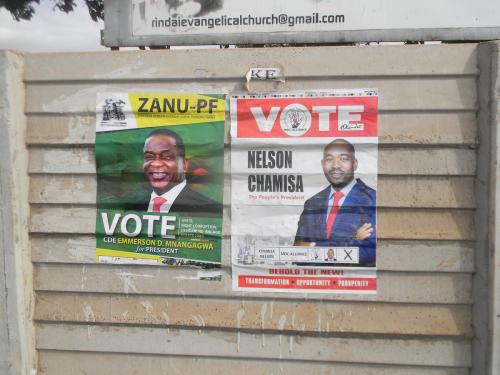2015
Thailand has been under military rule since May 2014, when General Prayuth Chan-Ocha and the Royal Thai Army seized power after deposing democratically elected Prime Minister Yingluck Shinawatra. Current Prime Minister Prayuth has systematically postponed elections on the grounds of prioritizing order and drafting a new constitution to restore democracy. Since the coup, Thai authorities have used the murky lèse-majesté law to curtail opposition to the monarchy, while the country’s economy has languished.
On February 24, the Center for East Asia Policy Studies at Brookings hosted an event to explore the root causes of Thailand’s political crisis, the implications of an upcoming royal succession, and the possibilities for the road ahead. The event was moderated by Senior Fellow Richard Bush. Panelists included Duncan McCargo, professor of political science at the University of Leeds, Joshua Kurlantzick, senior fellow at the Council on Foreign Relations, and Don Pathan, an independent security analyst based in Thailand.
Related Content

Vanda Felbab-Brown
December 7, 2015
Kingdom at a crossroads: Thailand’s uncertain political trajectory
Agenda
-
February 24
-
Kingdom at a crossroads: Thailand’s uncertain political trajectory
2:00 pm - 3:30 pm
On February 24, the Center for East Asia Policy Studies at Brookings hosted an event to explore the root causes of Thailand’s political crisis, the implications of an upcoming royal succession, and the possibilities for the road ahead.
 Richard C. Bush Nonresident Senior Fellow - Foreign Policy, Center for Asia Policy Studies, John L. Thornton China CenterDMDuncan McCargo Professor of Political Science - University of LeedsDPDon Pathan Independent Security AnalystDMDuncan McCargo Professor of Political Science - University of LeedsJKJoshua Kurlantzick Senior Fellow for Southeast Asia - Council on Foreign RelationsDPDon Pathan Independent Security Analyst
Richard C. Bush Nonresident Senior Fellow - Foreign Policy, Center for Asia Policy Studies, John L. Thornton China CenterDMDuncan McCargo Professor of Political Science - University of LeedsDPDon Pathan Independent Security AnalystDMDuncan McCargo Professor of Political Science - University of LeedsJKJoshua Kurlantzick Senior Fellow for Southeast Asia - Council on Foreign RelationsDPDon Pathan Independent Security Analyst
-


